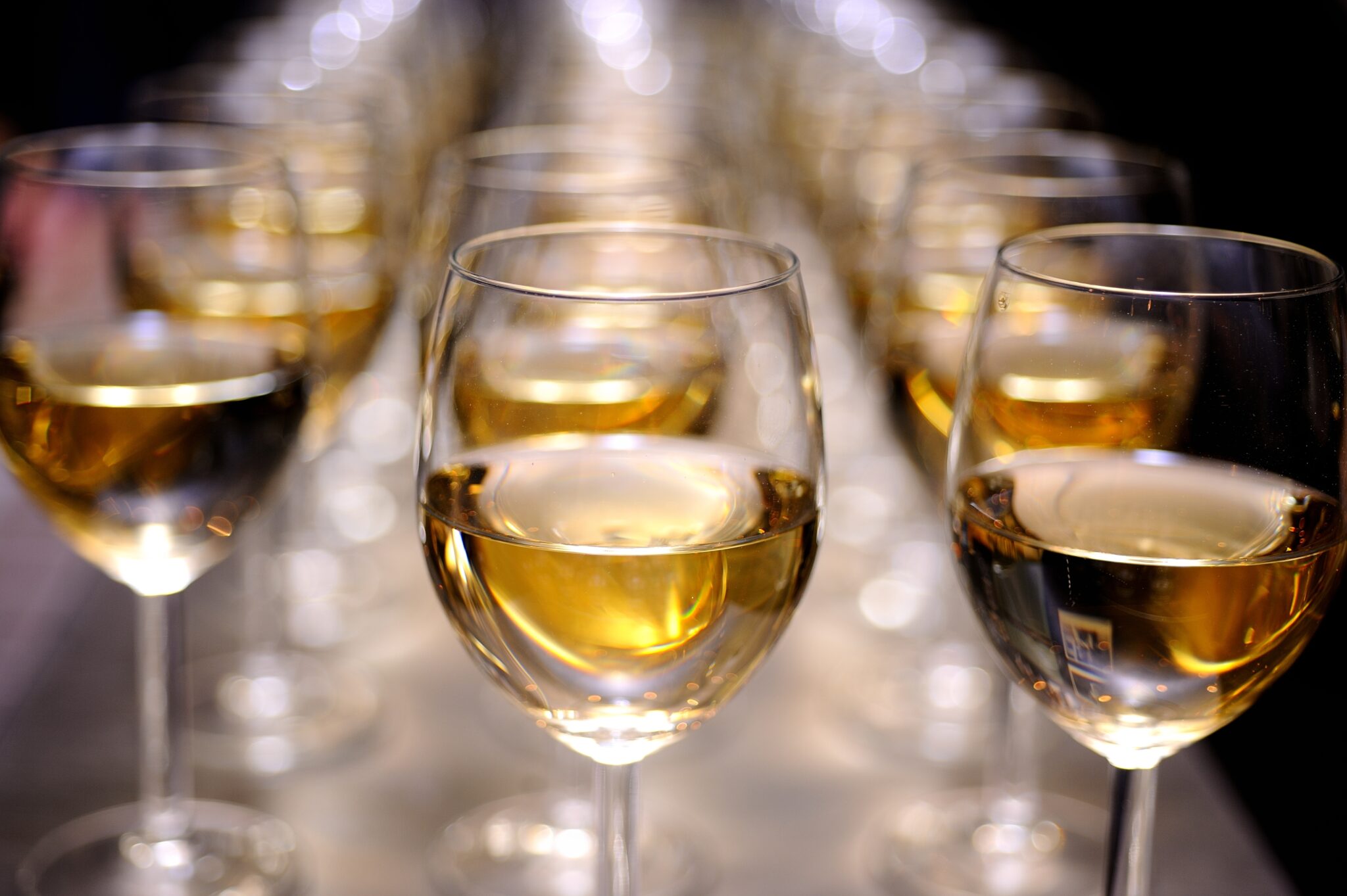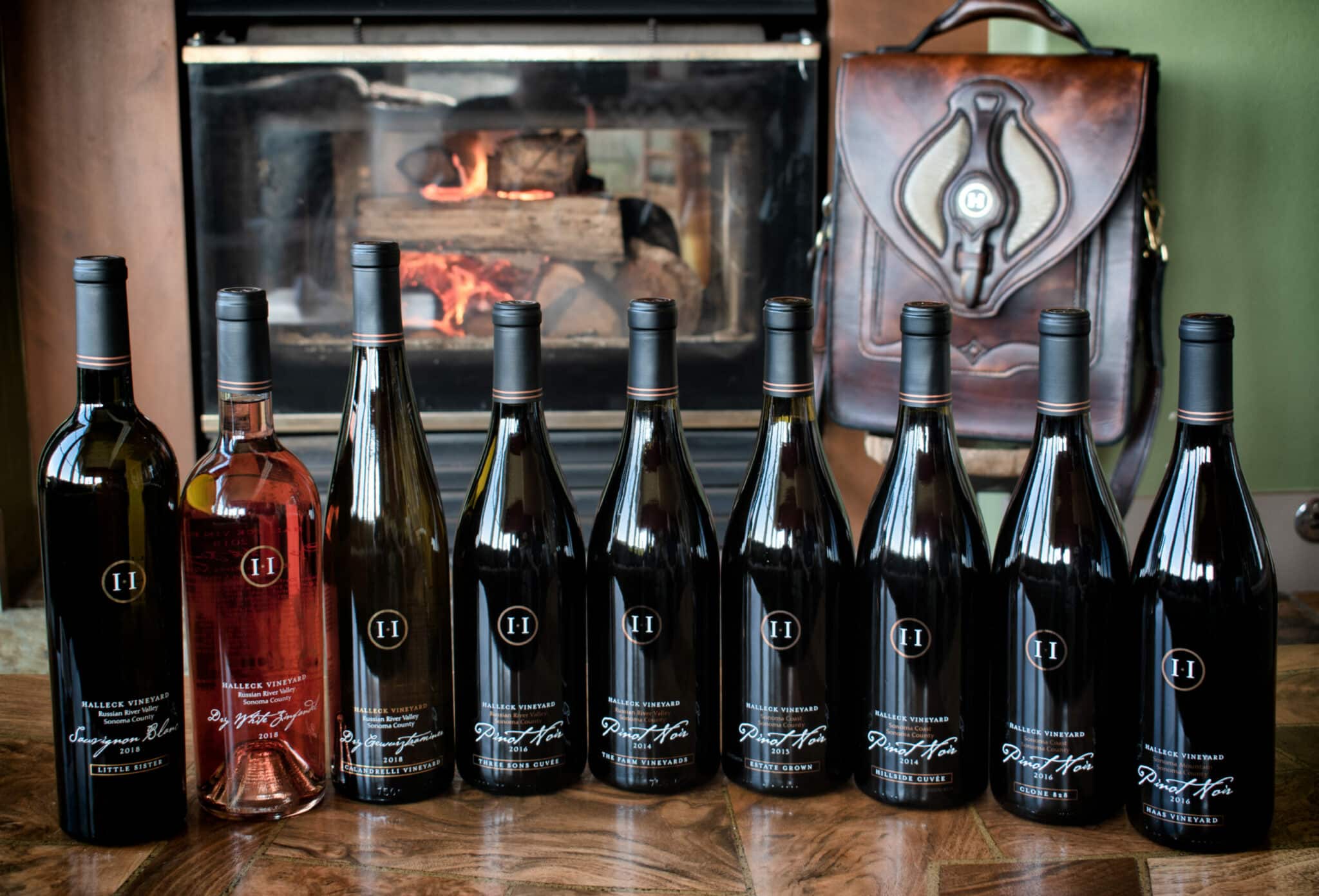Wineries Known For Their Beautiful Gardens - Wine Tours And Tastings In Sebastopol
Wine tasting is an art that requires practice and an understanding of various elements concerned in the course of. One essential component of wine tasting is the development and interpretation of tasting notes, which function a guide for both novices and seasoned connoisseurs. A Guide To Understanding Winery Wine Tasting Notes can enhance your wine-tasting experience, making it extra significant and pleasant.
Tasting notes are concise descriptions that capture the essence of a wine’s flavors, aromas, and general character. Usually composed by professional tasters, winery tasting notes offer insights into the nuances of assorted wines. They can help wine enthusiasts understand what to expect from a specific bottle. Nonetheless, tasting notes can range broadly in style and element based mostly on the author's experience and palate.
Wineries In Dry Creek Valley - Vines And Views In Sonoma Wine Country
When you first approach a glass of wine, your senses will begin to have interaction right away. The sight, smell, and style of the wine will converge to give you an entire experience. Tasting notes typically begin with the visual assessment, where the color of the wine is taken into consideration. Shade plays a major position in indicating the wine’s age, grape variety, and even its flavor profile.
After assessing the visual aspect, the next step includes swirling the wine within the glass. This action aerates the wine, permitting its aromas to awaken. Smelling the wine provides important perception into its complexity. The initial sniff can deliver a flood of scents which will include fruity, floral, natural, or earthy notes. This is usually the most subjective a part of tasting, as individual experiences can dramatically differ.
In winery tasting notes, descriptors are sometimes categorized into primary, secondary, and tertiary aromas. Major aromas normally stem from the grape selection, secondary aromas derive from fermentation processes, and tertiary aromas come up from growing older. Understanding these classes can help you appreciate the depth of a wine, they usually additionally provide the vocabulary to specific your experience higher.
Wineries Known For Sustainable Practices In Sonoma - A Winery In The Sonoma Valley To Discover
Following the olfactory encounter, your focus will shift to the taste of the wine. This is where the first characteristics—sweetness, acidity, tannins, alcohol—come into play. Tasting notes typically detail these flavors in a number of dimensions, together with the initial assault in your palate to the lingering finish in your tongue. A high-quality wine will present a harmonious balance between these components.
While tasting, it's essential to contemplate the body of the wine, which could be described as light, medium, or full. The body contributes significantly to your general impression, serving to you contemplate how the wine pairs with food or whether it stands alone as a sipping wine. Balancing the body with the other traits will provide you with a fuller understanding of what the wine has to offer.
The finish of the wine, also referred to as the aftertaste, is one other crucial facet typically included in tasting notes. A lengthy, nice end normally indicates the next quality wine, while a short or cloying aftertaste could suggest otherwise. Evaluating the end can supply further insight into the wine's complexity and distinction.
Understanding the context of winery tasting notes is also valuable. Tasting notes can provide contextual information about the winery's location, climate, and grape-growing practices. This context provides another layer of appreciation for the wine, permitting enthusiasts to attach the sensory experience with its origins, thus enhancing the enjoyment additional.
Vintage Wine Tasting Experiences In Sebastopol - Enjoying Wine Tastings And Vineyards Near Sebastopol
Many wineries provide tasting notes on their web sites or labels, often written in an approachable yet informative style. However, not all winery tasting notes are created equal. Some may be overly technical, while others might prioritize marketing flair over insightful evaluation. Learning to navigate these notes can arm you with the data to make informed choices when choosing wikipedia reference wines.
Taking Part in tastings at wineries can even deepen your understanding of wine tasting notes. Interacting with knowledgeable employees may give you a more hands-on strategy to exploring different wines and the language used to explain them. Wine Tasting Events In Sonoma County. You May have the chance to ask questions, engage in discussions, and potentially refine your palate in actual time.
Experimentation is important for mastering wine tasting notes. As you pattern totally different wines, try making your own notes. Focus on describing the wine’s shade, aroma, style, and finish. Over time, you’ll develop a personal vocabulary that resonates along with your sensory experiences. Every note you create will assist refine your palate, allowing you to understand wines at a deeper degree.
Wineries With Estate-Grown Grapes - Sebastopol's Vibrant Wine Scene
In conclusion, a Guide To Understanding Winery Wine Tasting Notes offers a complete framework for diving into the world of wines. It equips you with the strategies and language necessary to articulate your experiences. Whether Or Not you are a casual drinker or a dedicated aficionado, understanding and utilizing tasting notes can profoundly impression your wine journey. This information not only enhances your enjoyment but in addition connects you deeply with the rich narratives each bottle tells. By embracing this journey, you turn into a part of the attractive mosaic of wine tradition, the place each sip unveils a model new story ready to be discovered.
- Wine tasting notes sometimes encompass quite a lot of sensory descriptions, together with aroma, flavor, acidity, physique, and end, allowing tasters to fully appreciate the wine's traits.
- To improve your understanding, familiarize your self with common wine terminology similar to "tannins," "oakiness," or "terroir," which may help decipher the notes extra effectively.
- A systematic approach to tasting involves first visually assessing the wine's shade and readability, followed by swirling to release aromas, then inhaling and describing what you experience.
- Taking notes throughout tasting may help determine patterns over time, enhancing your palate and making it easier to recall preferences for future alternatives.
- Do Not overlook the influence of food pairings; tasting notes can differ greatly when a wine is loved with complementary flavors, altering perception and enjoyment.
- Pay attention to the wine’s vintage, as climatic conditions in a given yr can considerably affect the final product, including one other layer to the tasting notes.
- Consider the winemaker's style and philosophy, which might form the wine's profile and influence how its notes evolve with each sip.
- Working Towards with different grape varieties can broaden your vocabulary; every sort brings distinctive characteristics that can improve your capability to articulate tasting notes effectively.
- Participating with wine professionals or attending tasting events can present useful insights, providing a richer context for understanding personal tasting notes.
- Bear In Mind that tasting is subjective; individual preferences and experiences will form one’s interpretation of the same wine, enriching the general enjoyment of wine exploration.
What are wine tasting notes?
Wine tasting notes are descriptive feedback made by tasters about the look, aroma, style, and finish of a wine. They present an overview of the wine's characteristics and might help consumers understand the style and high quality of the wine.
Vintage Wine Tasting Experiences In Sebastopol - Sonoma Wine Culture
Why are tasting notes important when deciding on wine?
Tasting notes can guide you in selecting a wine that fits your palate. They provide insights into flavors and aromas, serving to you to match wines with food or occasions. Understanding these notes enhances your general wine experience.
How should I learn wine tasting notes?
(Wine Tasting Experiences With Local Cheese)
Wineries Hosting Seasonal Events - Sonoma County's Best Wine Experiences

When reading wine tasting notes, pay consideration to the construction: look for descriptions of shade, aroma, flavor, and end. This will assist you to grasp the wine's profile and decide if it aligns together with your preferences.
What phrases commonly seem in wine tasting notes?
Frequent terms embody "tannin" (the structure), "acidity" (the crispness), "body" (the weight), and numerous click now flavor descriptors like "fruity," "earthy," or "spicy." Familiarizing yourself with these phrases can deepen your understanding of wine.
Wineries Pairing Wine With Chocolate - Discover Sebastopol's Wine Scene
Am I Able To create my own tasting notes?
Yes! Writing your personal tasting notes can improve your wine tasting experience. Focus in your observations of style, aroma, and different sensory characteristics. This personal practice may help you refine your palate over time.
How do I determine the aromas in wine tasting notes?
Wineries Near Santa Rosa - Best Wine Tasting Spots In Sonoma County
To determine aromas, practice smelling a wide range of scents and associating them with wines. Swirl the wine in your glass to launch its aromas, then take a moment to breathe in deeply earlier than figuring out any prominent scents.

What is the difference between professional and private wine tasting notes?
Professional tasting notes may use more technical language and particular terminology, while personal tasting notes are subjective and mirror particular person experiences. Both are useful for understanding and having fun with wine, but personal notes might resonate extra with your distinctive tastes.
How can tasting notes improve my wine appreciation?
Celebrated Winemakers To Discover In Sonoma - Sonoma Wine Tasting Tour
Tasting notes can improve your appreciation by serving to you to grasp and articulate the complexities of wine. They encourage mindful tasting and supply a framework for comparing completely different wines, resulting in a richer enjoyment of the beverage.
Are there any apps or instruments to assist with wine tasting notes?
Sure, there are a quantity of apps designed to assist users document and arrange their tasting notes. These tools often offer options like flavor wheel guides and wine database searches, making it simpler to trace your journey via totally different wines.